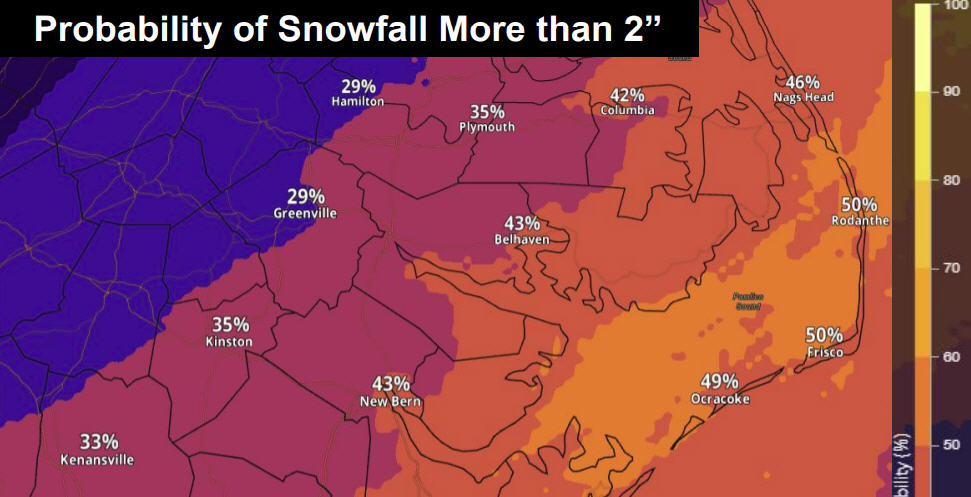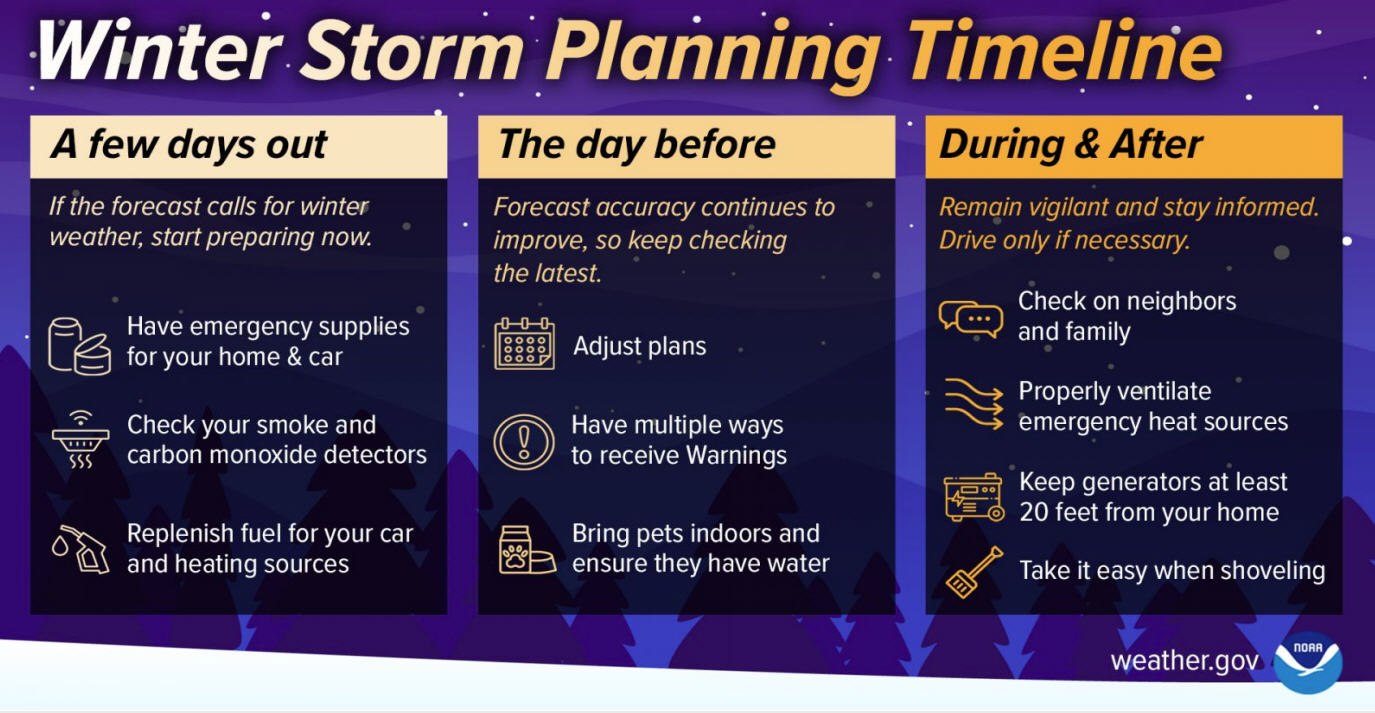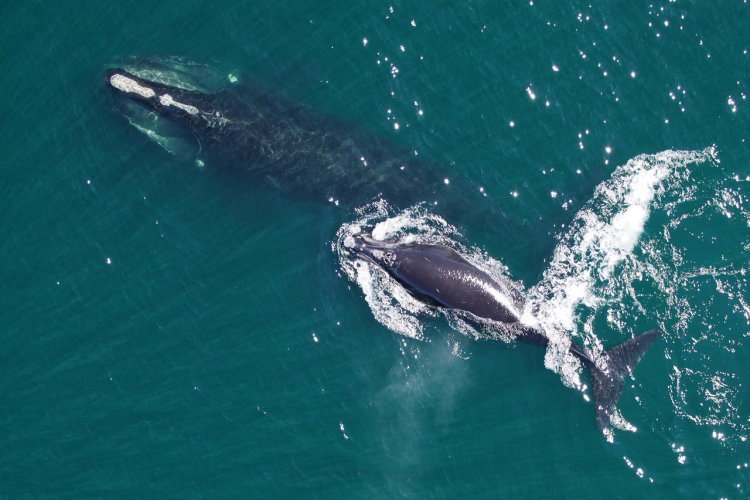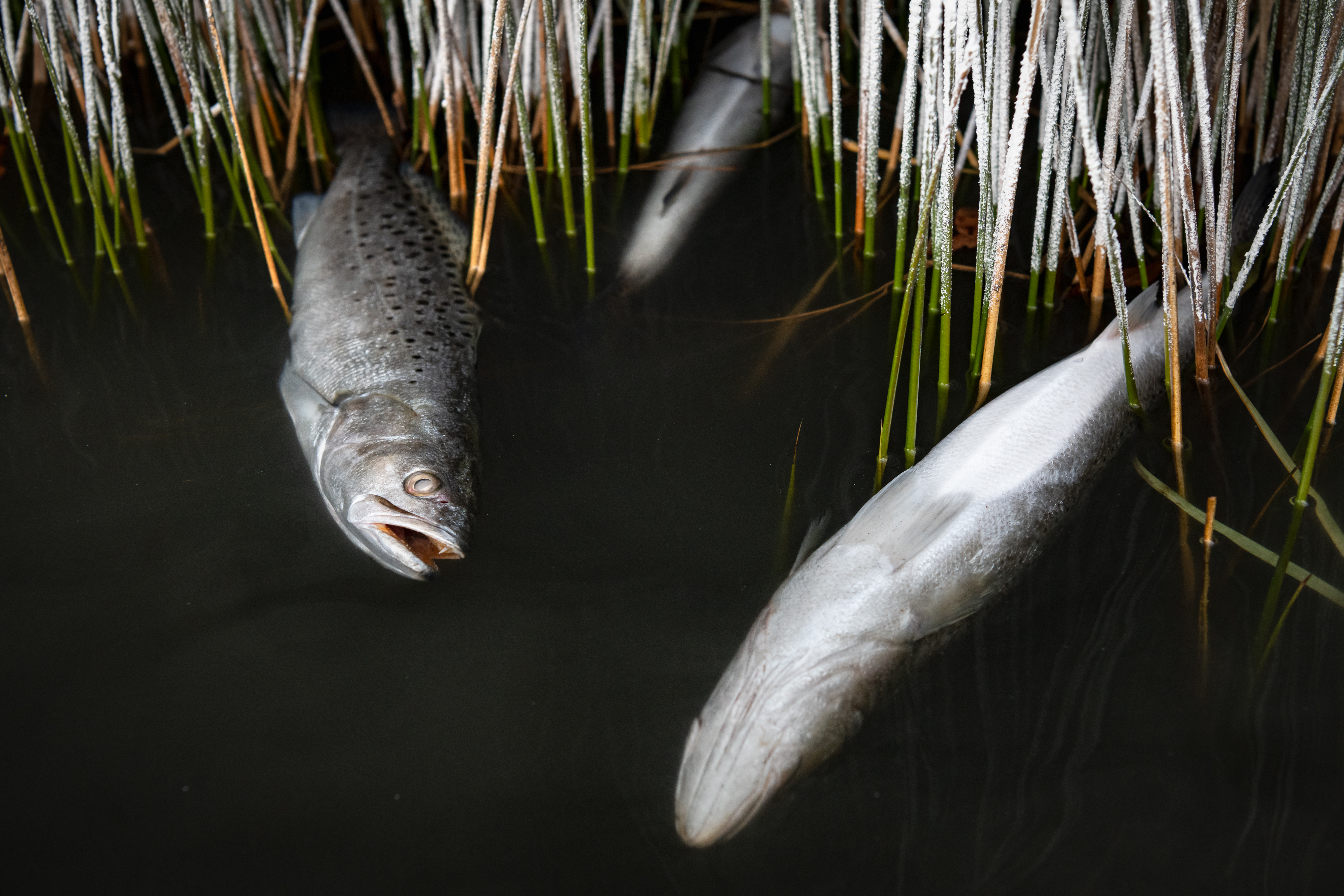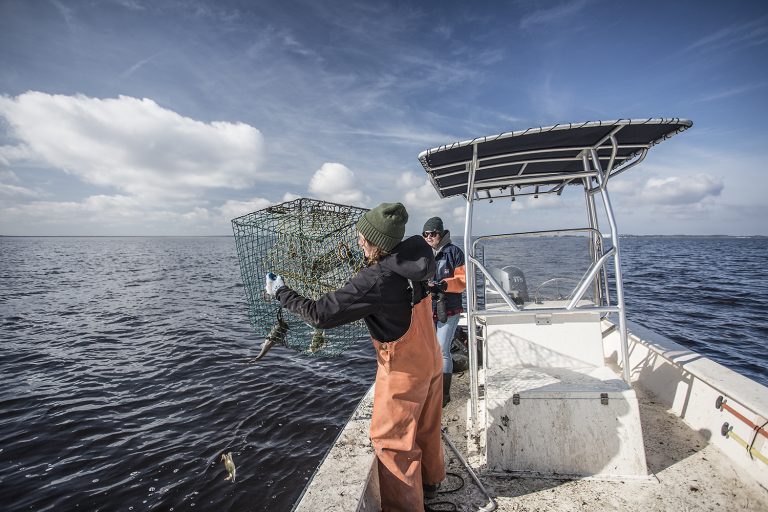Marine Fisheries Commission Goes Forward with Plan for No Recreational Cobia Season Closure
North Carolina will put forward a three-year plan for recreational vessel limits for cobia that does not include a closed season.
The Marine Fisheries Commission voted last week to propose management measures for 2018-2020 to the Atlantic States Marine Fisheries Commission as follows:
One fish per person, not to exceed four fish per vessel, for charter boats.
One fish per person, not to exceed two fish per vessel, for private boats.
The Atlantic States Marine Fisheries Commission, which is an interstate board with federal authority to manage migratory fish in state waters on the East Coast, recently approved an Interstate Fishery Management Plan for Atlantic Migratory Group Cobia for state waters from Georgia to New York. The interstate plan complements federal regulations, setting a recreational bag limit of one-fish per person and a minimum size limit of 36 inches fork length. It also sets state-specific recreational harvest targets that allow individual states to set vessel limits (up to six fish per vessel) and seasons to best suit their needs.
States are required to submit an implementation plan to the Atlantic States Marine Fisheries Commission for approval, and management measures are required to be in place by April 1. Should the proposed plan not meet technical review, revised measures will need to be submitted.
The commission also asked the Division of Marine Fisheries to study developing a mandatory reporting program for recreational cobia catch.
In other business, the Marine Fisheries Commission voted to:
Recommend to the Governor’s Office Anna Beckwith, Robert Lorenz and Tom Roller as nominations for the South Atlantic Fishery Management Council at-large seat.
Recommend to the Governor’s Office Sara Winslow, Roger Rulifson and Joseph Smith as nominations for the Mid-Atlantic Fishery Management Council at-large seat.
Send the draft Region 4 Strategic Habitat Area report out for public comment at advisory committee meetings.
Approve the 2018-2020 Biennial Implementation Plan to the Coastal Habitat Protection Plan.
Ask the Division of Marine Fisheries to study reporting issues concerning finfish landings that are caught with a Standard Commercial Fishing License and not sold, and to report to the commission in February with proposals for resolutions of the issues.
Ask the chairman to appoint a committee of commission members to develop a definition of a commercial fisherman, with staff support from the Division of Marine Fisheries, and to update the commission at its February meeting.
Send a letter to the Atlantic States Marine Fisheries Commission and the Mid-Atlantic Fishery Management Council highlighting the importance of the summer flounder fishery in North Carolina and requesting that proposed management concerning quota allocation include a broad range of options that considers the historic fisheries of the member states.



